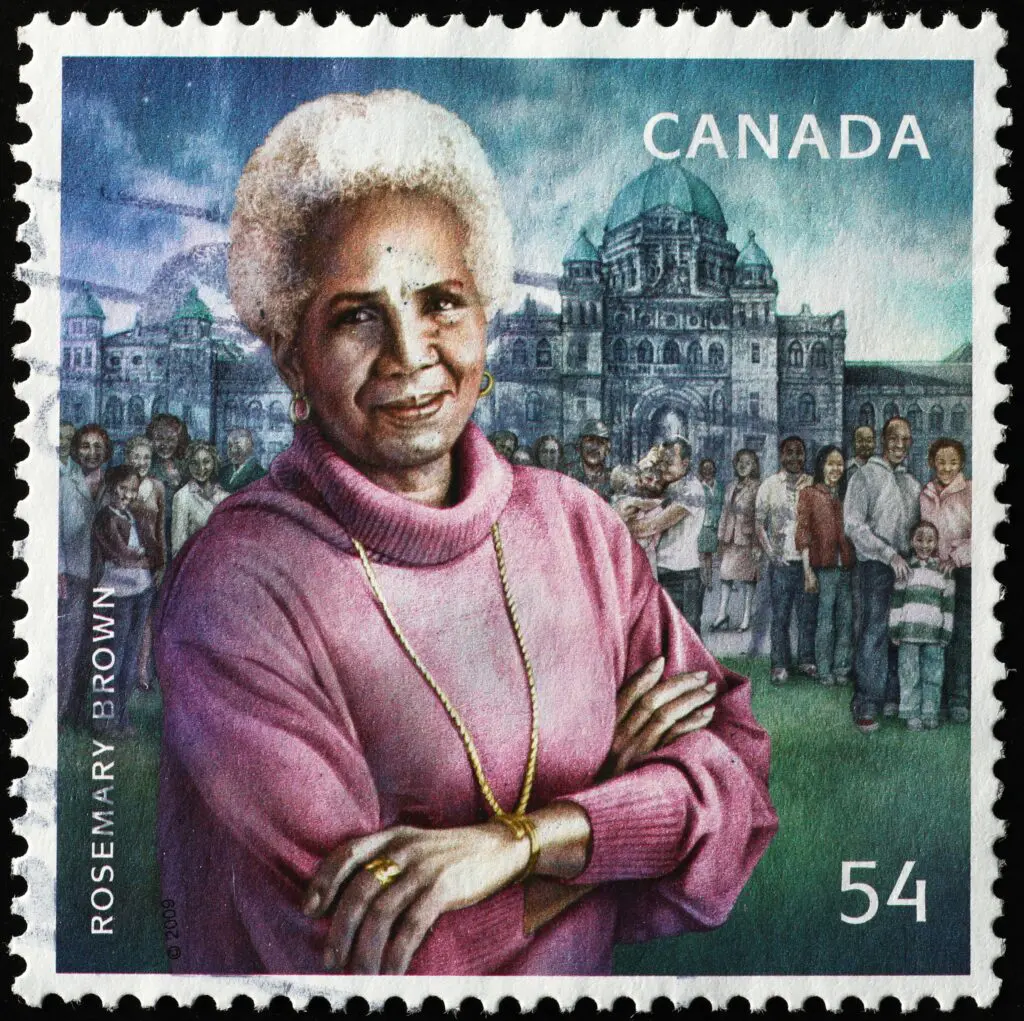Many immigrants move to Canada every day with hopes and dreams. When I moved to Canada, I had little knowledge about life in Canada but the support I received from my family made it easy for me to adjust to the lifestyle of this country. It’s always a great idea to have some knowledge before you move to a new place, so I thought I would share some information that I wish I knew before I moved to Canada:
Research
If you don’t know anyone in the new country then some research will make your life easier. For some unknown reason, I didn’t trust Internet in India as much as I do here. I trusted word-of-mouth more than the Internet. However, the Internet is a great source for any sort of information you need. If you are planning to live on your own then I advise you to look for accommodation options before you hop on the flight. There are different accommodation options available, such as renting and homestay (living with Canadian families). Don’t forget to consider the cost of living, the average rent cost in different areas and distance from your college.
College and Universities
The education system in Canada is very different from other countries and it can be very confusing. When I started going to school for the Early Childhood Education program at Stenberg College, I didn’t know the meaning of most of the terms, such as:
-
- Tuition is the college fee you pay per course during a semester. In India, tuition means extra classes outside of school to improve academic performance. When I was new, I couldn’t understand why I was asked to pay tuition when I didn’t need any extra classes! It was a humorous realization.
- Course refers to an individual subject rather than an entire program. For example, you might be enrolled in the Early Childhood Education program and required to take a psychology course in your first semester. After completing each course, you receive a grade and academic credit that goes toward the program.
- A credit is a recognition of having taken a course at school or university. It is used as a measure to determine the number of hours that have been invested toward graduation. You need a certain number of credits to graduate.
- Full-time vs part-time status: In order to be a full-time student, you must be registered in a minimum of nine credits over four months for one semester. To maintain a full-time status, you must complete at least two credits per month or nine credits in any four-month registration period. Each course description generally states the number of credits it accounts for and you learn the system once you are exposed to it.
Networking
It is also a great idea to join your college’s social media groups so you stay updated about events and buy or sell textbooks online. Also, you can connect with current students and find some support. Stenberg College provides a variety of student support services such as English as a Second Language, Student Counselling, Financial Aid, Technical and Systems Support, etc.
Currency
Canada doesn’t have pennies anymore but cash purchases are rounded off to nearest nickel (a term for five cents). For example, if your bill is $19.74 then you pay $19.75 while credit/debits cards are charged the exact amount. You may also find it interesting to learn that Canadian currency has its own naming system:
-
- Toonie: Refers to $2 coin
- Loonie: Refers to $1 coin
Weather
Yes, it gets very cold in Canada but it can also get very hot in the summer. While you see snow during the winter and sun in the summer, British Columbia also receives rain throughout the year. You might get up on a fine sunny morning and wear your favorite summer outfit but before you reach your bus stop, it begins to rain. Hence, it is very important to know the art of layering your clothes. If the sky seems cloudy in the morning then it will be smarter to pull on some layers instead of wearing one warm sweater because you never know if it gets sunny later. However, with layers which you can easily take a layer off if it gets too warm.
Cultural Diversity
Canada is widely diverse. You can find people from all over the world from different cultural background speaking different languages. Personally, I have never experienced racism and to be respected for who I am, I do my best to be respectful of other cultures equally. Canada has accepted this diversity and offers assistance in multiple languages. So, if you think your English is not very fluent then there is nothing to worry about it. There is a lot of support provided by public libraries and schools as well. Try to utilize all the opportunities offered to you. If you’re looking to improve your English, Stenberg provides free English classes for its students.
These are just a few of the many things I’ve learned since I arrived in Canada. I hope this information is helpful!







